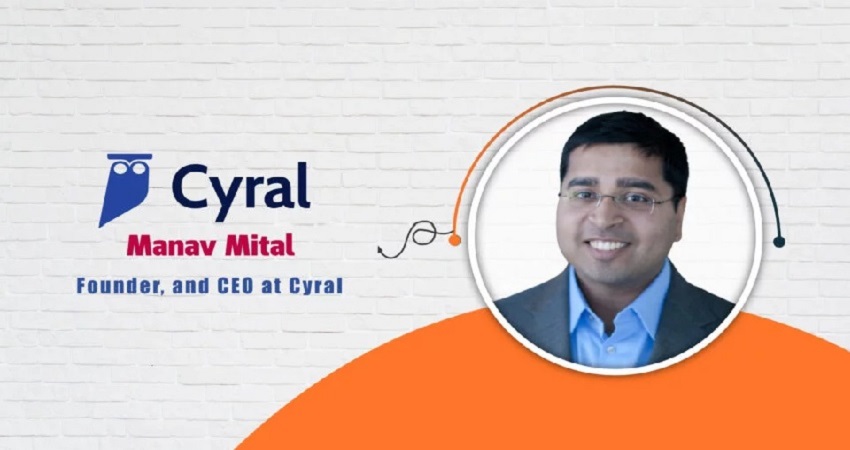Can you tell us about your background and how it led you to found Cyral?
Cyral is the intersection of my passions and proficiencies. I have been on a long entrepreneurial journey. I started out as an early hire at Aster Data, which was one of the first companies to talk about Big Data, where I ran most of the engineering team. Then I founded Instart, which was in the CDN space where we focused on managing infrastructure at cloud scale. Cyral presented itself as the intersection of these two experiences — managing data at cloud scale. When I saw that companies were moving their sensitive data off-premises to the cloud, I realized they need a different way to manage the security and governance of data, and the answer is Cyral.
Can you explain the importance of data security governance and its impact on organizations?
The number one thing most security leaders are worried about is a data breach. Companies increasingly gather sensitive information about their customers that they are tasked with keeping out of the hands of hackers. When everything began migrating to the cloud, breaches became much more common since there are so many ways for a hacker to access a database. Data is everywhere, and there isn’t a structured enough system to protect it.
Data security governance is its own category like IT security or application security, and more organizations are finding a need to address it with a specialty team or service dedicated to protecting sensitive information.
How does Cyral’s solution differ from traditional security tools, and how does it address the challenges of securing modern cloud-based environments?
Modern technology solutions are an adaptation of the past. They either take the way a company functioned in a data center and move it to the cloud, commoditize technology from big, enterprise solutions for others, or have developers recreate the work that once belonged to an IT team. Cyral does something new.
Other security tools are not database aware and have no way of knowing what’s in a company’s database or whether a user should be allowed to access a specific field or record—it’s often all-or-nothing access. Cyral addresses this issue with its complete suite of discovery, authentication, authorization, and auditing controls. Several people within the same organization can input a query into their Cyral-protected database, and depending on their role or other defined factors, each would see a different result. In fact, Cyral is the first security solution to provide all the features of database activity monitoring (DAM), privileged access management (PAM), data loss prevention (DLP), and data security posture management (DSPM) for a company’s sensitive datasets from a single platform.
Can you discuss the role of generative AI in data security and the potential risks it poses to organizations?
Generative AI is a reality for technology, so I see it working in data security in two ways. As it stands, security products make a lot of noise. They send alerts and false positives often, driving security leaders to spend time across multiple dashboards and data streams just to understand what’s happening. I anticipate that generative AI will begin to be incorporated into security products to help reduce the noise and make security analysts more productive. It will more accurately pinpoint a threat and where it is then send security teams to the right place to investigate.
To Know More, Read Full Interview @ https://ai-techpark.com/aitech-interview-with-manav-mital/
Visit AITech Interviews For Industry Updates


